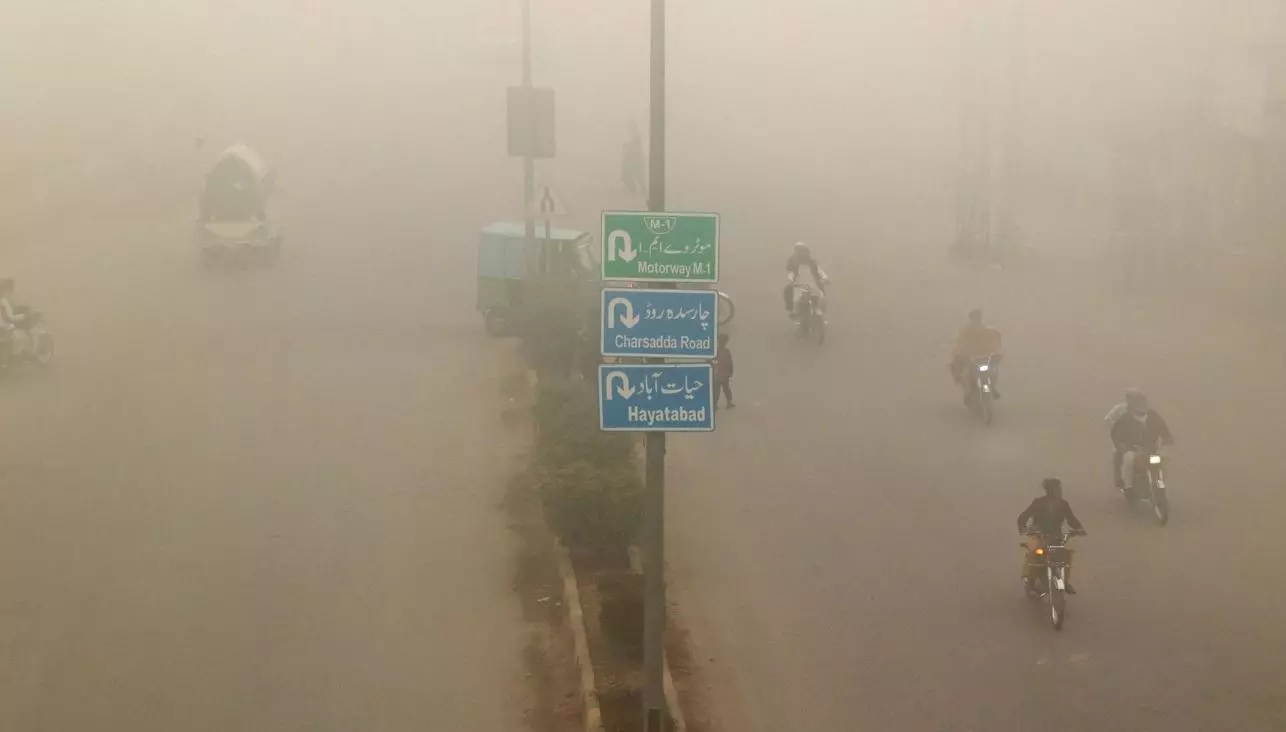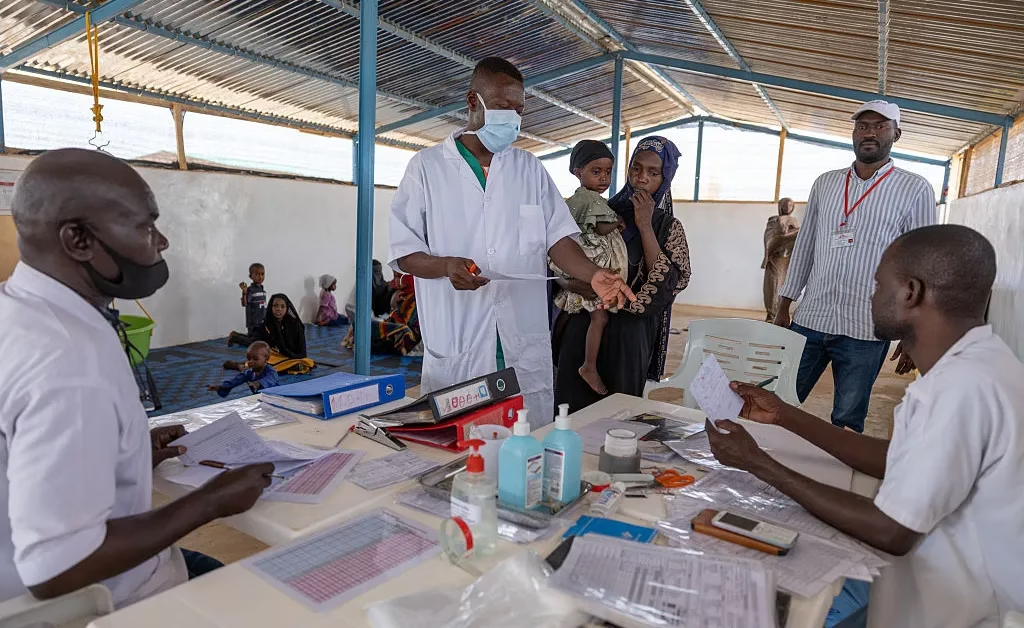Islamabad: The Ministry of Climate Change has issued a stark warning about the heightened risks posed to pregnant women by the increasing frequency and intensity of heat waves, a direct consequence of global warming. This advisory comes as Pakistan grapples with the severe impacts of climate change, which have led to a significant rise in deadly heat waves in recent years.
The Growing Threat of Heat Waves
The Ministry highlighted that global warming has dramatically increased the occurrence of extreme heat events in Pakistan, posing severe health risks to vulnerable populations. According to the Ministry’s Media Spokesperson, Muhammad Saleem Sheikh, the situation is particularly dire for pregnant women, children, the elderly, and women in general, who are more susceptible due to weaker immune systems.
Specific Risks for Pregnant Women
Pregnant women face unique health challenges during heat waves. The combination of increased body heat from pregnancy and external high temperatures can lead to serious health issues such as dehydration, heat exhaustion, and heatstroke. These conditions can adversely affect both the mother and the unborn child, potentially leading to complications such as premature labor and low birth weight.
Recommendations for Safety
To mitigate these risks, the Ministry of Climate Change has advised several precautionary measures:
Avoid Outdoor Activities: Pregnant women, along with other vulnerable groups, should minimize exposure to the sun, especially during peak heat hours from 11 am to 3 pm. Unnecessary outdoor activities should be avoided to reduce the risk of heat-related illnesses.
Stay Hydrated: It is crucial to drink plenty of water throughout the day to prevent dehydration, a common issue during heat waves. Pregnant women should carry water bottles when traveling and drink fluids regularly.
Wear Appropriate Clothing: Light, loose-fitting, and light-colored clothing can help keep the body cool. Hats and sunglasses can also provide additional protection from the sun.
Use Cooling Methods: Utilizing fans, air conditioners, and cool showers can help manage body temperature. Pregnant women should also seek shaded or air-conditioned environments whenever possible.
Monitor Health Symptoms: Pregnant women should be vigilant about symptoms of heat-related illnesses, such as dizziness, nausea, rapid heartbeat, and excessive sweating. Immediate medical attention should be sought if any of these symptoms occur.
Broader Impacts on Public Health
The Ministry’s warning is part of a broader campaign to raise awareness about the health impacts of climate change. Heat waves are not just a concern for pregnant women but also pose significant risks to the general population. Children and the elderly, in particular, are at higher risk due to their less robust immune systems and decreased ability to regulate body temperature.
Muhammad Saleem Sheikh emphasized the importance of community awareness and preparedness. He called on local governments and health organizations to disseminate information on how to stay safe during heat waves and to provide support for those most at risk.
Long-term Measures and Climate Action
The Ministry of Climate Change also stressed the need for long-term strategies to combat the effects of global warming. This includes investing in sustainable infrastructure, enhancing public health systems, and implementing policies that reduce carbon emissions.
As Pakistan continues to experience the severe impacts of climate change, the Ministry of Climate Change’s advisory underscores the urgent need for both immediate protective measures and long-term climate action. Pregnant women, among the most vulnerable to heat waves, must take extra precautions to safeguard their health and that of their unborn children. By raising awareness and promoting proactive steps, the Ministry aims to reduce the health risks associated with rising temperatures and ensure a safer environment for all.



